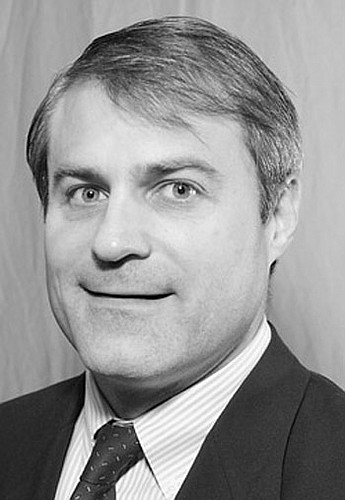
Legal work moves fast today. We text and email short statements, instead of dictating paragraphed letters for secretaries to mail.
Communications and negotiations are accelerated to hours instead of days. Clients hire us by website, email and telephone. Abbreviations and jargon proliferate. Telephonic court appearances can create a chasm between the litigator and judge. No one signs anything anymore — they click the "OK" dialog box.
Motions and arguments are no longer pieces of paper, but computer-generated PDF files, which through some process appear on computer screens. There is a general lack of understanding of how computers work. Lawyers don't exactly know how their document is transferred and translated from their office to the court's computer screen; they just assume it will happen.
Clients expect that a law office and even the legal process should be as quick and responsive as other Internet websites. Often, there is pressure to get things done quickly, to find the quick answer, instead of slowing down to consider the impact of a legal ruling or legal decision and to work out the correct answer.
Ray Ehrlich, a hardworking Jacksonville lawyer and justice of the Florida Supreme Court, said "The lawyer has so much authority and so much power; the life of the client sometimes is in the lawyer's hands, his liberty, his pursuit of happiness. All lawyers have a big responsibility."
Many changes and challenges confront the everyday practitioner in responsibly representing clients and fulfilling the trust placed in them. The laws applied in Florida are changing quickly and the methods and tools of argument are rapidly evolving.
The upcoming Nov. 5 Ray Ehrlich seminar aspires to help practitioners understand the changes and tools to practice better in today's fast-paced, computer-driven world.
Since events in today's world unfold quickly, it is more important than ever before to learn about changes as they happen instead of waiting and being confronted with a whole new playing field. This is particularly true regarding eDiscovery, expert witnesses and technology; all of which are topics of this year's seminar.
Christian Dodd will discuss the new eDiscovery rules and provide practice pointers for preserving, collecting and producing electronically stored information in litigation.
Tim McDermott will discuss the new expert witness Daubert standard adopted by the July 1 change in Fla. Stat. §90.702.
James Hauser (former judge and author of the Lexis treatise titled Attorneys' Fees in Florida) will address issues involved with seeking and preventing attorneys' fee awards.
Renée Maxey and Eric Kolar will discuss crafting litigation settlement agreements and mediation agreements in the modern age, and motions to enforce settlements arising from circumstances such as exchanges of correspondence or email.
Gardner Davis will address the litigation aspects of the Florida Revised Limited Liability Company Act. Mike Smith, the 4th Judicial Circuit technology officer, and Kolar will discuss the new technology at the courthouse, the evidence carts and other technology available.
We will also cover what other lawyers are doing to successfully incorporate the courthouse technology into their practice. You may register for the Ehrlich seminar by emailing Carla Ortiz-Ramos at [email protected] or calling (904) 527-2505.
If you cannot attend the Nov. 5 Ehrlich seminar, it will be videotaped and will be available with other Jacksonville Bar Association seminars in the Duval County Law Library on the second floor of the Duval County Courthouse.